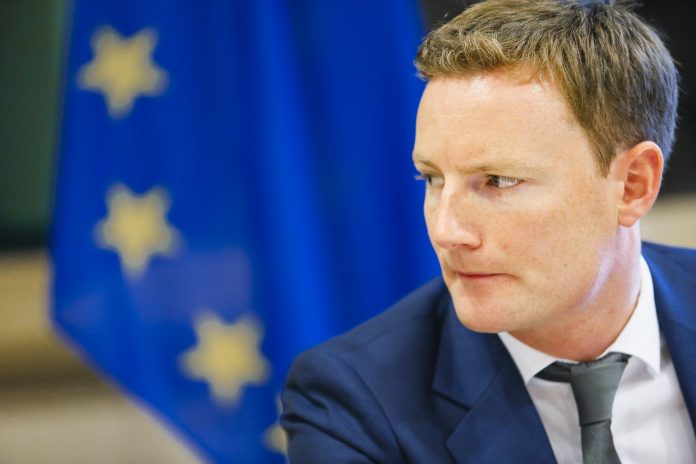Seb Dance MEP asks if biofuels can really make Europe more sustainable
The United Nations Sustainable Development Goals (SDGs) are a comprehensive set of commitments on a whole range of social and economic issues including energy, environment and climate change. Despite international support, they still do not enjoy the high profile of other global agreements such as the Paris Climate Agreement. Every European Union member state and the EU itself are signed up to the SDGs, but they remain somewhat obscure, with relatively little wider public discussion about the need for us to build a secure, sustainable future. This presents a real challenge to those of us involved in the policy-making process at a European level.
European legislators still have much work to do to ensure that sustainability is central to everything that we do and our work on biofuels is a clear example of the challenges we face and of the commitment needed to find the right approach. Too often in its work to date on biofuels, the EU institutions have failed to engage in the kind of horizontal working promoted by the SDG agenda and this has contributed to a decidedly chequered record of attempts to introduce biofuels into our energy mix.
The incentives introduced a decade ago by the EU to encourage member states to decrease CO2 emissions by moving away from fossil fuels towards biofuels ended up actually increasing overall CO2 levels. There was widespread deforestation, land grabbing and food shortages. ‘Indirect Land Use Change’ (ILUC) was the term coined to describe the phenomenon of the clearing of virgin land to make way for the displaced food crops for biofuels. This outcome, of course, ran entirely contrary to the EU’s aims and surely proves that first generation biofuels have no place in our future energy mix.
I also remain far from convinced of the extent to which even second generation, or ‘advanced’, biofuels can play a role in our push towards much greater sustainability. Indeed, moves in the European Parliament to include the idea of high and low ILUC biofuels rather stretches the notion of an ‘advanced’ biofuel. This term must surely only be applied to the use of the best technology to turn waste matter and gasses into useable fuels whilst respecting the waste hierarchy. As the available technology improves, I am sure that these fuels will find a place in contributing to the decarbonisation of the European Union and it seems the European Commission certainly believes this to be the case.
However, it is far from clear to what extent biofuels can ever make a significant contribution in meeting the European Commission’s long-term objectives on security of supply, sustainability and competitiveness. As more renewables come on-line and we move at an ever faster rate towards the widespread use of electric vehicles in the coming decade, it is entirely possible that traditional combustion-based energy will become obsolete, rendering the move from first generation to ‘advanced’ biofuels redundant. As an illustration, it is estimated that electric cars will reach cost parity with internal combustion cars by 2021 and there is currently no concrete evidence that production of the most sustainable biofuels could be scaled up to play a significant role in the future energy grid.
Ultimately, the EU institutions must face the reality that, to set a world-leading example on decarbonisation and sustainability, we simply need to stop burning things and learn to be much more efficient with what we do use. We have seen over the last year, with President Trump’s withdrawal from the Paris Climate Accord, that global agreements can often be fragile, it takes bold and continued commitment to make them work. The SDGs are no different and in the absence of leadership from the other side of the Atlantic, Europe must build a future when we generate our power from resources that are truly renewable.
Seb Dance MEP
Group of the Progressive Alliance of Socialists
and Democrats in the European Parliament
Tel: +32 2 28 37833











